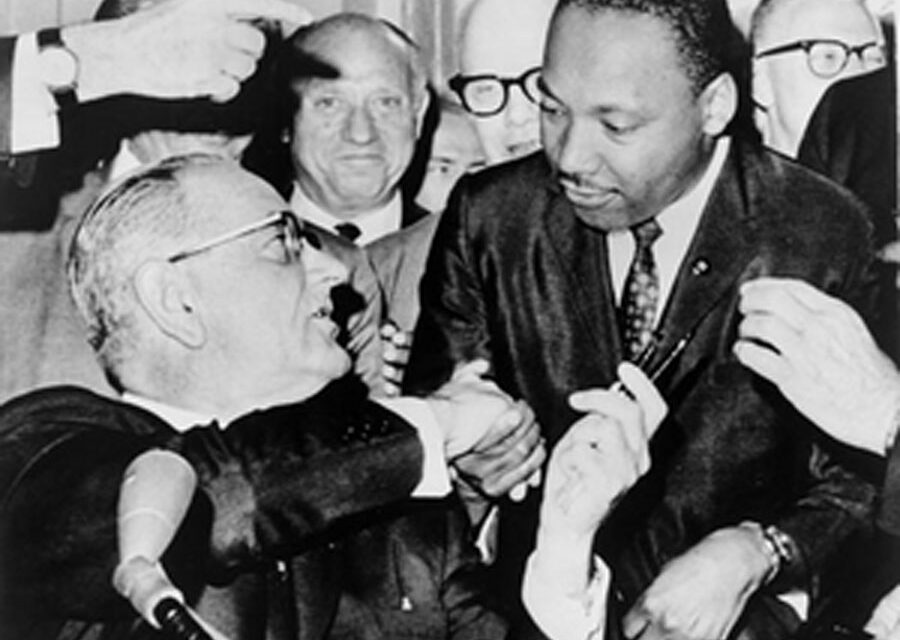CLEVELAND HISTORY
Cleveland Stadium Dedication (July 1, 1931): Cleveland Stadium, also known as Municipal Stadium, was officially dedicated on this day. The stadium became a prominent venue for various sports and events, including baseball games for the Cleveland Indians and football games for the Cleveland Browns.
World Heavyweight Championship Boxing Match (July 3, 1931): Just two days after its dedication, Cleveland Stadium hosted its first major event—a World Heavyweight Championship boxing match between Max Schmeling and Young Stribling. The event attracted approximately 37,000 fans, marking a significant moment in the stadium’s early history.
Great Lakes Exposition Opens (June 27, 1936): While slightly before the specified date range, it’s noteworthy that the Great Lakes Exposition opened in Cleveland on June 27, 1936. This exposition celebrated the centennial of Cleveland’s incorporation as a city and showcased the progress of the Great Lakes region.
Cleveland Indians’ Jason Kipnis Hits Inside-the-Park Home Run (July 3, 2013): Jason Kipnis of the Cleveland Indians hit an inside-the-park home run during a game against the Kansas City Royals. This rare feat was the first for the Indians since 2010 and highlighted Kipnis’s speed and agility on the field.
Cleveland History Days Celebration (June 30, 2023): As part of the annual Cleveland History Days, various events and tours were held across the city to celebrate and educate the public about Cleveland’s rich history. Activities included guided walks, historical presentations, and community gatherings.
WORLD HISTORY
Tunguska Event in Siberia (June 30, 1908): A massive explosion occurred near the Tunguska River in Siberia, Russia, flattening approximately 2,000 square kilometers of forest. The blast, believed to have been caused by the airburst of a meteoroid or comet fragment, released energy equivalent to 10–15 megatons of TNT. This event remains the largest impact-related explosion in recorded history.
Dominion of Canada Established (July 1, 1867): The British North America Act came into effect, uniting the provinces of Ontario, Quebec, New Brunswick, and Nova Scotia into the Dominion of Canada. This marked the birth of Canada as a self-governing entity within the British Empire, a milestone now celebrated annually as Canada Day.
Civil Rights Act Signed in the United States (July 2, 1964): U.S. President Lyndon B. Johnson signed the Civil Rights Act into law, prohibiting discrimination based on race, color, religion, sex, or national origin. This landmark legislation ended segregation in public places and banned employment discrimination, becoming a cornerstone of civil rights reform in the United States.
Battle of Gettysburg Ends (July 3, 1863): The three-day Battle of Gettysburg concluded with a decisive victory for Union forces under General George G. Meade, repelling the Confederate army led by General Robert E. Lee. This battle is often cited as a turning point in the American Civil War due to its significant casualties and strategic implications.
Declaration of Independence Adopted (July 4, 1776): The Second Continental Congress formally adopted the Declaration of Independence in Philadelphia, proclaiming the thirteen American colonies’ separation from British rule. This act laid the foundation for the United States of America and is commemorated annually as Independence Day.







